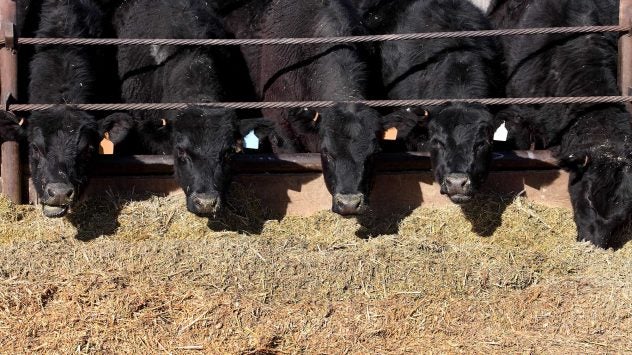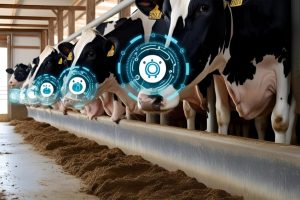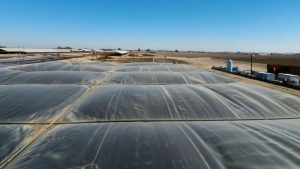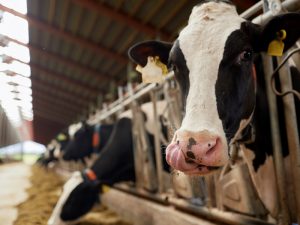
A bipartisan group of senators, including U.S. Senators Jerry Moran (R-Kan.), Tammy Baldwin (D-Wis.), Michael Bennet (D-Colo.) and Mike Crapo (R-Idaho) hopes to offer a solution by introducing this mouthful of a bill: the Enteric Methane Innovation Tools for Lower Emissions and Sustainable Stock Act.
“New research and ranching practices are showing promising results to reduce methane emissions and keep our farms and ranches thriving,” said Moran. “This legislation will invest in further research and provide our producers with tools to improve their farms and ranches.”
More commonly known as the EMIT LESS Act, the bill would expand research programs for feed additives while promoting practices that could reduce livestock emissions. The senators hope that the bill will incentivize emission-reducing practices in American dairy and beef cattle operations.
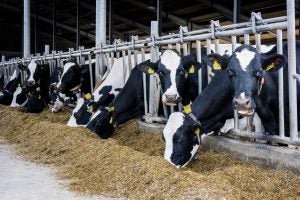
While the bill’s conservation program incentives make it easier for farmers to access new products, they will remain voluntary if passed. Key provisions in the bill include integrating emissions-reduction practices into the U.S. Department of Agriculture’s conservation programs and providing financial incentives to farmers who voluntarily adopt them.
Supported by a diverse coalition, including agricultural and environmental groups, the bill represents a bipartisan effort to promote sustainability in the agriculture sector.
“We thank Senators Bennet, Crapo, Baldwin and Moran for introducing a bill that strengthens our country’s research and conservation programs while recognizing the unique role that animal nutrition and feed ingredients play in reducing on-farm enteric methane emissions,” wrote American Feed Industry Association President and CEO Constance Cullman. “The EMIT LESS Act shows that right alongside animal food innovators, our country is willing to invest in a more sustainable future.”
Industry supporters hope that the bill will help bring the U.S. closer to meeting a Global Methane Pledge of reducing emissions by 30 percent below 2020’s levels by 2030.
“Feed and feed ingredients, such as methane inhibitors and modifiers, offer a promising avenue for achieving this goal, but the country will only realize their full benefits should farmers elect to use them once they have made it to market approval,” says Cullman.
Other organizations endorsing the bill include the Dairy Farmers of America, the International Dairy Food Association, the National Cattlemen’s Beef Association, and the National Milk Producers Federation.
Although there’s disagreement over emissions, the U.S. Department of Agriculture says that the agriculture sector is responsible for around 10 percent of all U.S. greenhouse gas emissions.
Farm Progress notes in its reporting on this topic that methane is more potent than carbon dioxide, meaning it could have a greater impact on global warming. On the other hand, it only stays in the atmosphere for around 12 years. Auto emissions can stay in the atmosphere for more than 100 years.
There is also evidence that naturally produced methane is part of the natural biogenic carbon cycle, making it less harmful than man-made fossil fuels.
You can now read the most important #news on #eDairyNews #Whatsapp channels!!!
🇺🇸 eDairy News INGLÊS: https://whatsapp.com/channel/0029VaKsjzGDTkJyIN6hcP1K
